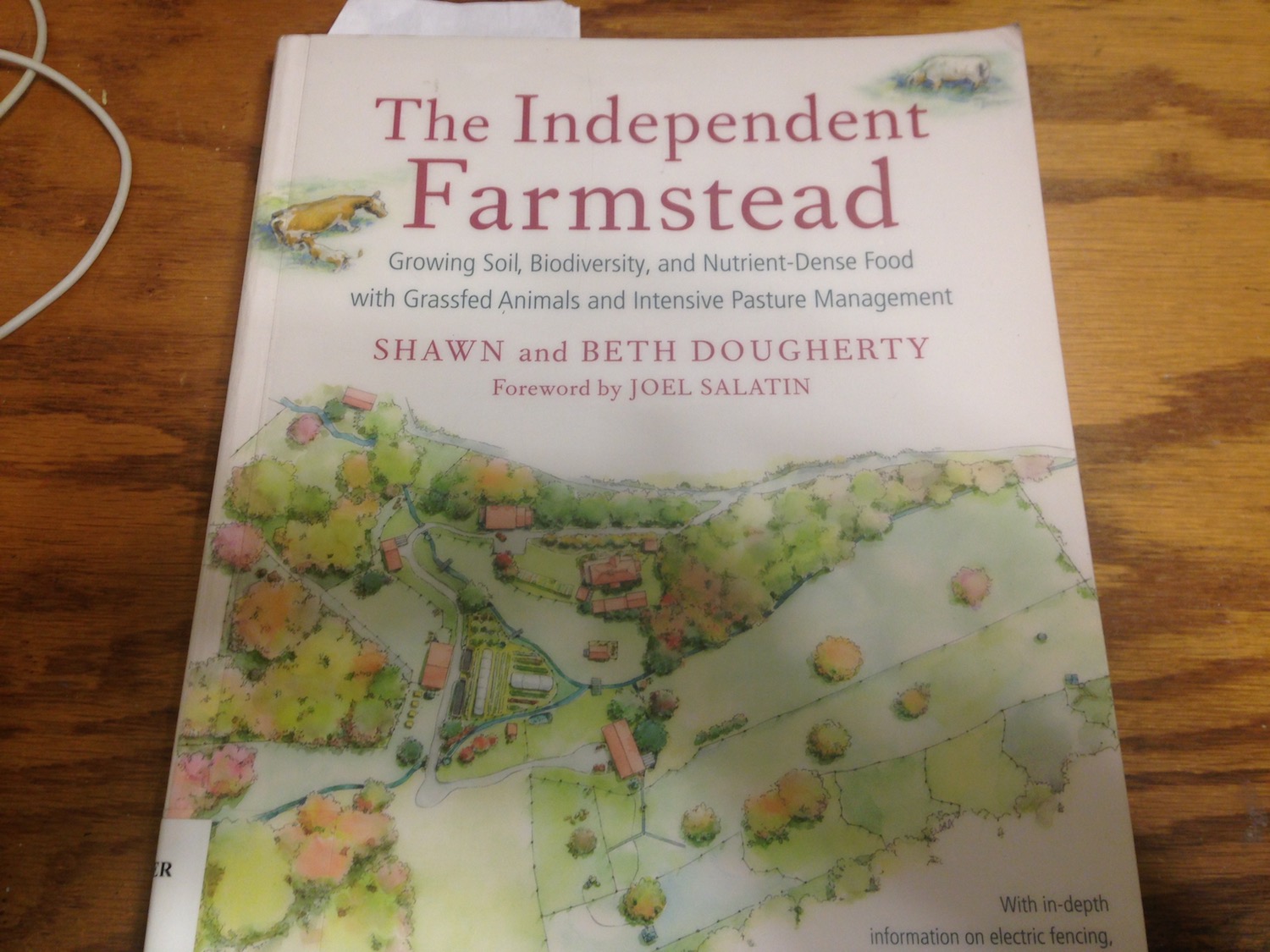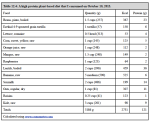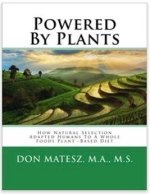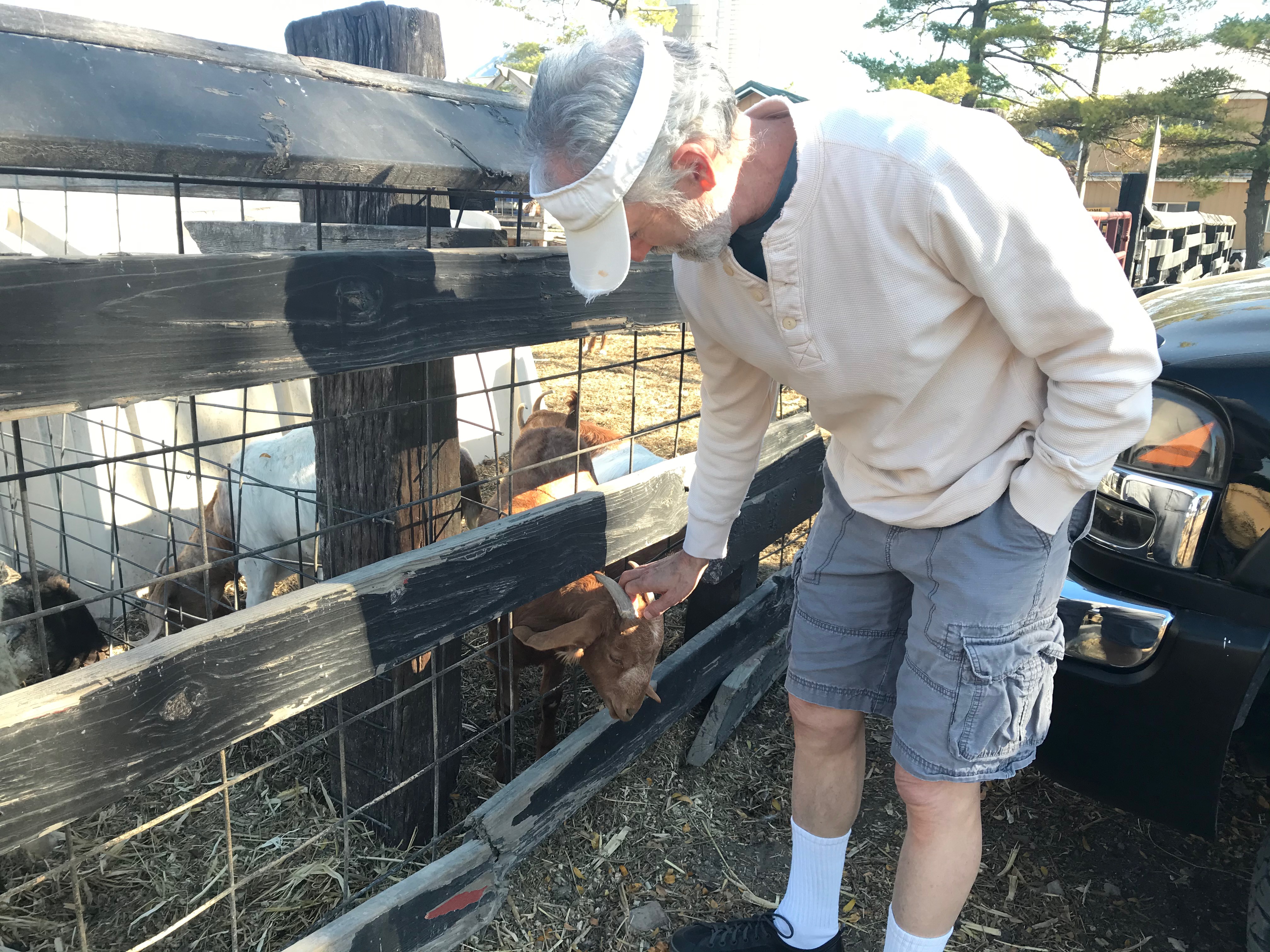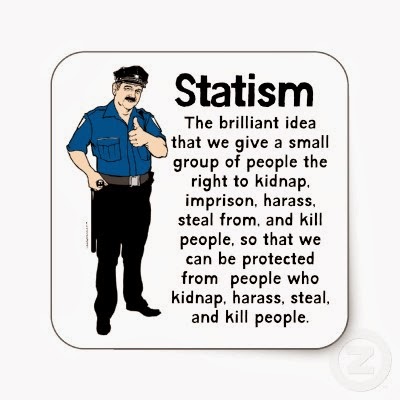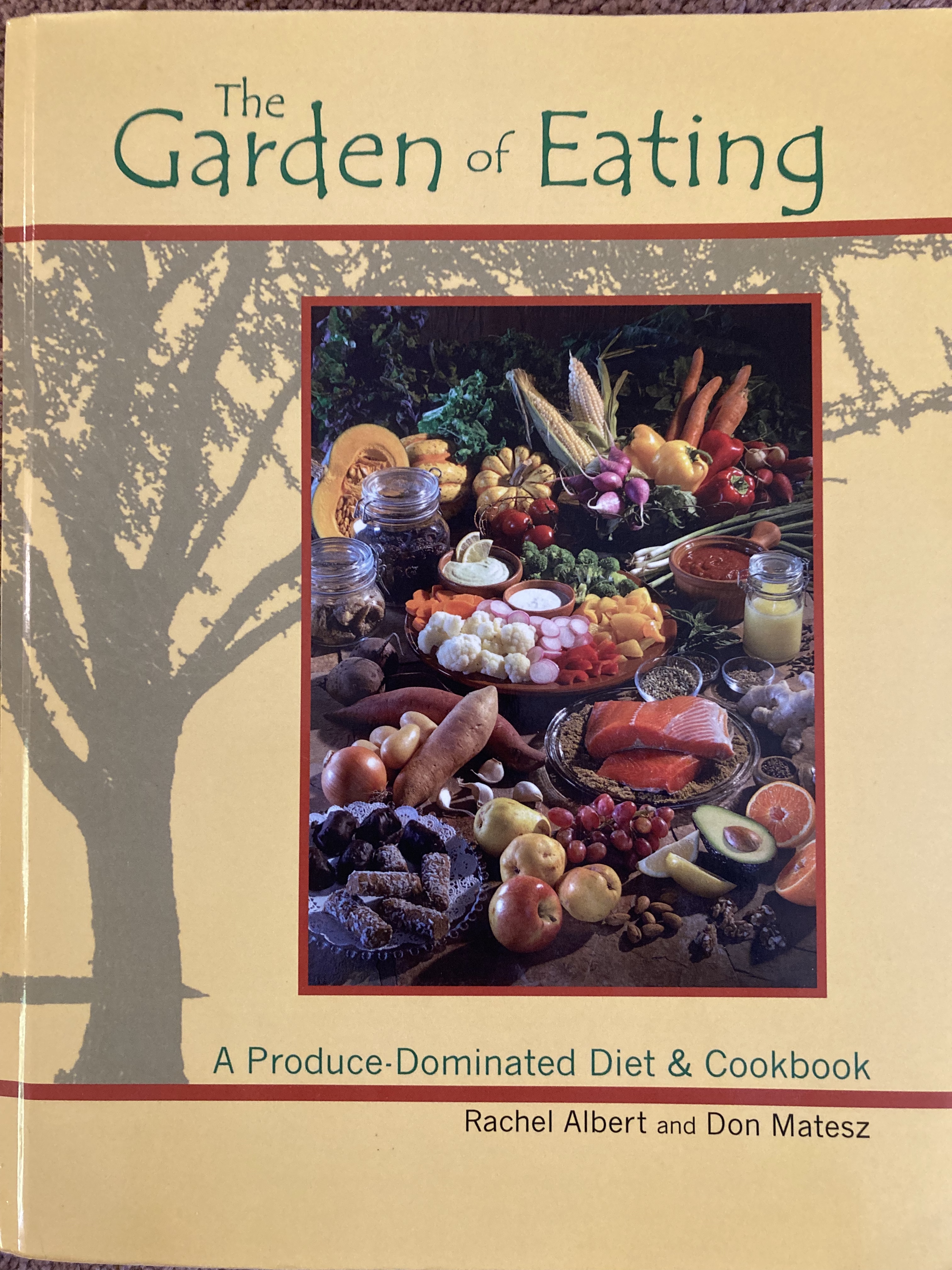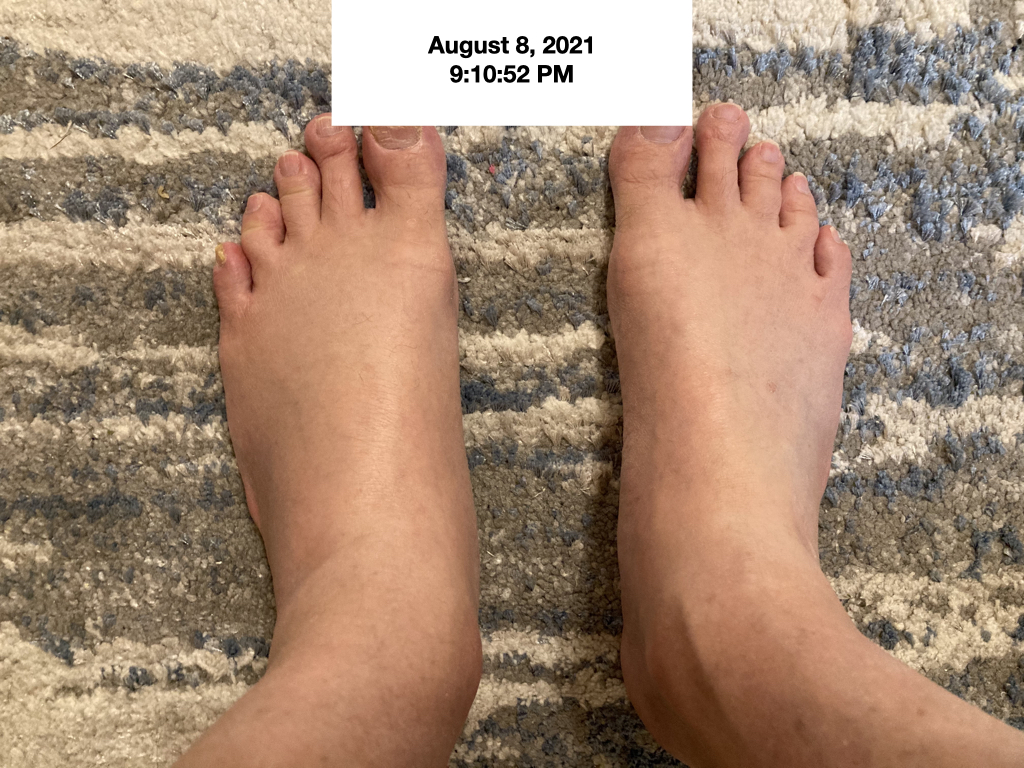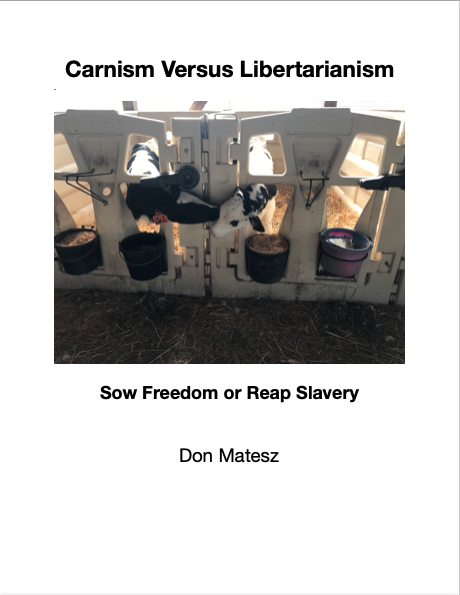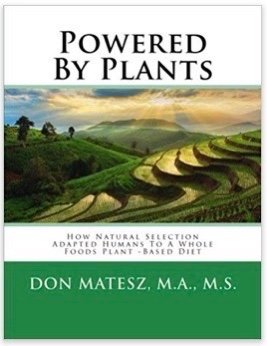The Independent Farmstead Review
|
Title: The Independent Farmstead Authors: Shawn and Beth Dougherty Publisher: Chelsea Green Publishing, White River Junction, VT Publication date: 2016 Pages: 321 Special features: Foreword by Joel Salatin, color photos Price: 34.95 ISBN: 978-1-60358-622-1 Rating: ♂ ♂ ♂ ♂ ♂ |
The Independent Farmstead is a thorough guidebook for men and women who want to get off the dysfunctional industrial food grid and become economically self-reliant and autonomous, while restoring health to the land, by growing grass and animals on a homestead.
It is the authors’ manifesto for The One Cow Revolution: a revolt against degenerate modern food and farming to obtain liberation through a re-turn to humans’ historically normal and natural, economically and nutritionally self-sufficient way of living in harmony with Nature.
One cow really can set you free.
Shawn and Beth Dougherty have been farming together for 30 years, the past 20 on their home farm, the Sow’s Ear, in eastern Ohio. They and their children raise grass, dairy and beef cows, sheep, pigs, and several kinds of birds on their farm. Through intensive grass management and modeling grazing after wild herbivores' patterns, they have improved the fertility of the land while producing high quality food for themselves and some extra for others.
The Independent Farmstead Chapters
The Independent Farmstead has eleven chapters thoroughly covering the following topics:
- Photosynthesis and Extractive vs. Regenerative Farming
- Securing usable, inexpensive land
- Securing adequate on-farm water
- Grass and pasture management
- Fencing management for intensive grazing
- Choosing the right ruminant species for your farm
- Management of a small homestead dairy program
- Choosing poultry species for your farm
- Pig production and management
- Harvesting milk, meat, and manure
- What life and work is like on the independent farmstead
The Independent Farmstead also has a section listing resources available to help you establish and grow a grass-based farm.
Aiming For An Independent Farmstead
My maternal great grandparents were farmers who raised their own food – animals and plants – in Northwest Ohio. They ate home-produced eggs and lard their entire lives, and died of old age. My paternal grandparents raised a lot of their own food on what was essentially an urban farm; they brewed their own wine, preserved vegetables, and made their own hams, bacon and salt pork.
Its in my blood. I have wanted to have an independent farmstead since I was in my late teens, but I have not yet realized this dream. I fell for the promises of ‘civilization’ rather than follow my true nature’s call to the pagan, barbarian, autonomous, self-reliant way of life. Consequently, I don’t have any practical experience with farming or farm animals.
I want to eat the best quality, most nutrient-dense foods. Grass-fed animals nourished my ancestors for hundreds of thousands of years. As a native European, I am naturally adapted to a diet consisting primarily of grass-fed animal products. I want to follow in the footsteps of my ancestors.
I want to live a more natural life, in greater contact with the soil, plants, animals, sun, moon, and the rest of Nature's elements. Our artificial lifestyles divorced from participation in natural processes are harmful to human health and the balance of Nature.
Our artificial lifestyles are products of a globalist banking and trading system that makes local populations dependent on trade for basic needs. When we overproduce local goods, particularly foods, for export, we export our top soils with them (the foods contain elements taken from the soils). The stuff taken from the soils is not return to them, but sent to foreign lands. We mine the soils for profits.
Consequently, our lush native lands are becoming deserts: we have so far lost 70% of Earth's topsoils – the layer that supports plant life, and hence animal and human life – and if we don't change our ways, our topsoils will be gone by about 2075. We are also running out of fresh potable water, polluting it for short-term profit.
Through international trade we have infected all continents with invasive alien species that bring diseases and destruction to local native humans, animals and plants. Compliance with and dependence upon this bio-illogical system has made my people so unhealthy that they have lost their fertility and will to live and are in danger of extinction.
This self-destructive system lives and thrives only so long as we believe its proponents' propaganda (passed off as education, science, news and entertainment) and depend upon and use its banks, credit, money, trade, etc. to obtain our own food, shelter, clothing, etc.. I want to stop feeding it and participating in it. I want not only my people but ALL native peoples to establish independence from this system and the gangsters who run it.
It really is urgent that we move toward independence.
I chose to read The Independent Farmstead as a preparation for realizing my long-held dream of autonomous, self-reliant living. I learned a lot from reading it. Upon completion, I felt confident that I had a grasp of all the fundamentals of success in grass-based farming and holistic animal management for enhancing soil fertility.
What I learned from The Independent Farmstead
The Doughertys have conveyed their 30 years of experience in a very readable, entertaining fashion. Among the things I learned:
LAND: How to evaluate a piece of land for grass-farming potential. The Doughertys explain that you will probably find the best property for the purpose looking where the real estate agents won’t be involved. In fact, neglected land, which generally is cheap land, will probably be the best for the project, because it won’t already have been tailored to another purpose.
WATER; How to find water and provide it to animals. How to store water. How to move water from place to place on the farm. How to keep livestock water from freezing in the winter.
RUMINANTS: How to choose the kind of ruminant that will be best for your land’s needs. Goats, sheep, and cows all have different grazing styles that have different benefits for the farm. At some stages, your pastures may be improved by browsing goats; at others, sheep or cows will be best for improving the quality of the pastures. How to know how many ruminants your land can support.
GRAZING: How to manage grazing to enhance land fertility. How grazing patterns will (and must) change with seasonal changes.
FENCING: How to use electric and non-electric fencing to manage animal grazing. How to choose the right fencing for the animals (different animals need different kinds of fence). How to move fencing to move animals.
DAIRY: The importance of milk to a farmstead economy. How to set up a small dairy. How to get milk flowing (calving, lambing, kidding). How to milk an animal never milked before. How to provide milk for calves, lambs and kids as well as your own family.
POULTRY: Benefits and challenges of different birds (chickens, turkeys, peacocks, guineas, ducks, geese). How to feed birds without buying commercial feed. How to know how many birds your farm can support. How to integrate birds with the other livestock.
PIGS: Why pigs are important to a farmstead economy. How to feed pigs. How to plan a year of pig husbandry. How to convert pigs into pork chops, ham and bacon.
HARVEST: How raw milk is microbiologically different from pasteurized milk. How to store raw milk. How to convert raw milk into fermented products. How to use surplus milk to grow your farm. How to harvest animals for their meat on-farm (avoid sending your animals to an off-farm butcher). How to harvest manure and put it to use to build the fertility of your land.
FARMING LIFESTYLE: What is life like as a self-reliant farmer? What kind of routines does a farmer have and what demands are made on time and energy? What are the benefits and joys of farming? How does it change with the seasons?
The Reality of Autonomy and Self-Reliance
The Doughertys don’t sugar-coat, nor do they demean the farming lifestyle. What they describe is the hardy way most Europeans lived for thousands of years, up until only very recently. They show the way to return to the normal way of life for humans before about 1930, a life immersed in natural cycles, close to animals, participating in the production of food.
|
The Doughertys have mastered self-reliance and regenerative farming. The Independent Farmstead overflows with practical wisdom and guidance to successful achievement of food self-sufficiency and economic autonomy. I strongly recommend that anyone interested in self-reliance, autonomy and liberty read The Independent Farmstead and join the One Cow Revolution. |
Recent Articles
-
Vegan Macrobiotic Diet For Psoriasis
Sep 05, 23 06:36 PM
Vegan macrobiotic diet for psoriasis. My progress healing psoriasis with a vegan macrobiotic diet. -
How Every Disease Develops
Aug 04, 23 06:22 PM
How every disease develops over time, according to macrobiotic medicine. -
Why Do People Quit Being Vegan?
Jun 28, 23 08:04 PM
Why do people quit being vegan? How peer pressure and ego conspire against vegans. -
Powered By Plants
Mar 16, 23 08:01 PM
Powered By Plants is a book in which I have presented a lot of scientific evidence that humans are designed by Nature for a whole foods plant-based diet. -
Carnism Versus Libertarianism
Dec 30, 22 01:55 PM
Carnism Versus Libertarianism is an e-book demonstrating that carnism is in principle incompatible with libertarianism, voluntaryism, and anarchism. -
The Most Dangerous Superstition Book Review
Nov 15, 22 08:46 PM
Review of the book The Most Dangerous Superstition by Larken Rose. -
Plant-Based Diet Is Best For Health Protection: Meta-Review
Oct 17, 22 11:22 AM
A plant-based diet is best for health promotion according to a meta-review of more than 300 reviews published 1950-2013. -
How I Fixed Foot Swelling (Lower Limb Edema)
Sep 29, 22 02:07 PM
How I fixed foot swelling (lower limb edema) with a lactovegetarian whole foods plant-based diet.
